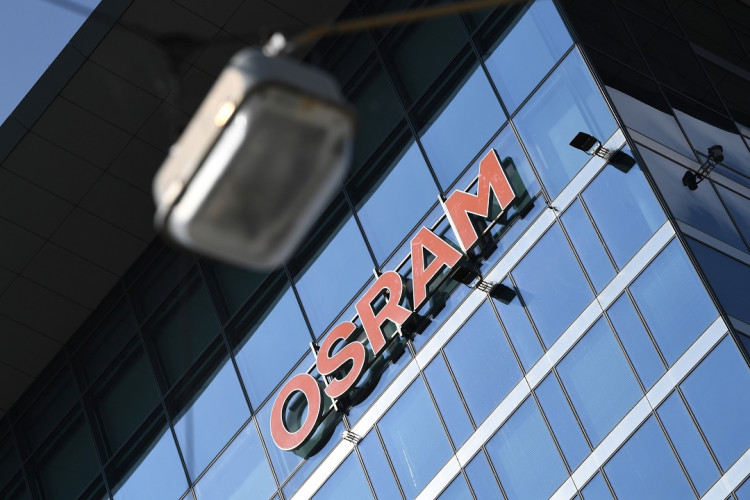Austria's AMS has just made a counteroffer to acquire German lighting firm Osram, outbidding private equity firms Bain Capital and Carlyle. The sensor specialist revealed on Tuesday that it has offered to purchase Osram through a $4.8 billion deal.
The counteroffer has now significantly raised the prospect of a possible bidding war between both parties, who are both gunning for the acquisition. AMS's offer to purchase Osram for $42.90 per share is around 10 percent higher than the price initially offered by the private equity duo.
Following the news of AMS' offer, Osram's share prices rose by as much as 2.3 percent. AMS' shares also rose by around 1.9 percent after it announced its official bid for the company.
The offer has been approved by the Germany-based regulator Bafin and Osram now has until October 1 to refuse to accept the deal. Meanwhile, reports citing sources close to the matter have revealed that Bain Capital and Carlyle are now considering raising their bid.
Both private equity firms have yet to confirm if they are indeed considering a counteroffer. The offers made by both the equity firms and AMS have a minimum acceptance threshold of 70 percent of their respective offer prices.
AMS is currently one of the world's largest suppliers of sensors, with the company providing Apple with the sensors it uses for its iPhones' facial recognition technology.
Its planned acquisition of Osram is meant to further expand its sensors business, which it expects to be vital for emerging technologies such as autonomous driving and future internet of things (IoT) devices.
Alexander Everke, the CEO of AMS, had stated that the combination of Osram and AMS represents the best option for all stakeholders involved. AMS' offer does include a $4.6 billion bridging loan facility, which will be underwritten by both HSBC and UBS. AMS will reportedly refinance by issues equity and debt if the deal pushes through.
Analysts have explained that the combination of AMS and Osram's technologies, particularly their lidar systems used for autonomous driving will make a lot of sense.
The technology, which essentially uses laser light pulses to provide a precise image of a user or device's surroundings, could drastically improve if both companies work together to further develop it.
Under Everke, who took over as CEO in 2016, AMS has been rapidly acquiring new technologies and companies. This included the $855 million acquisition of Singapore-based sensor manufacturer Heptagon in the same year when Everke took the CEO position.






